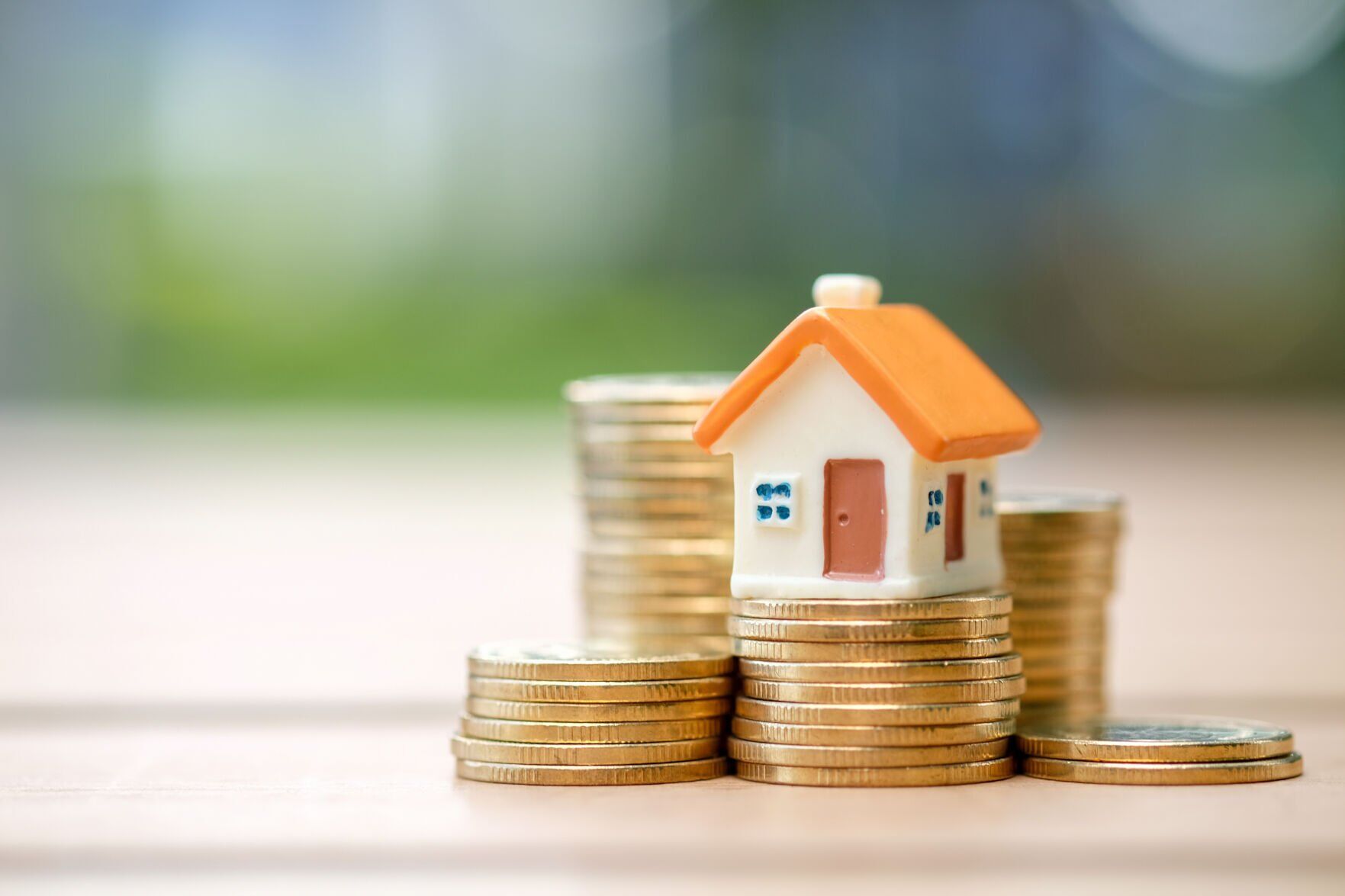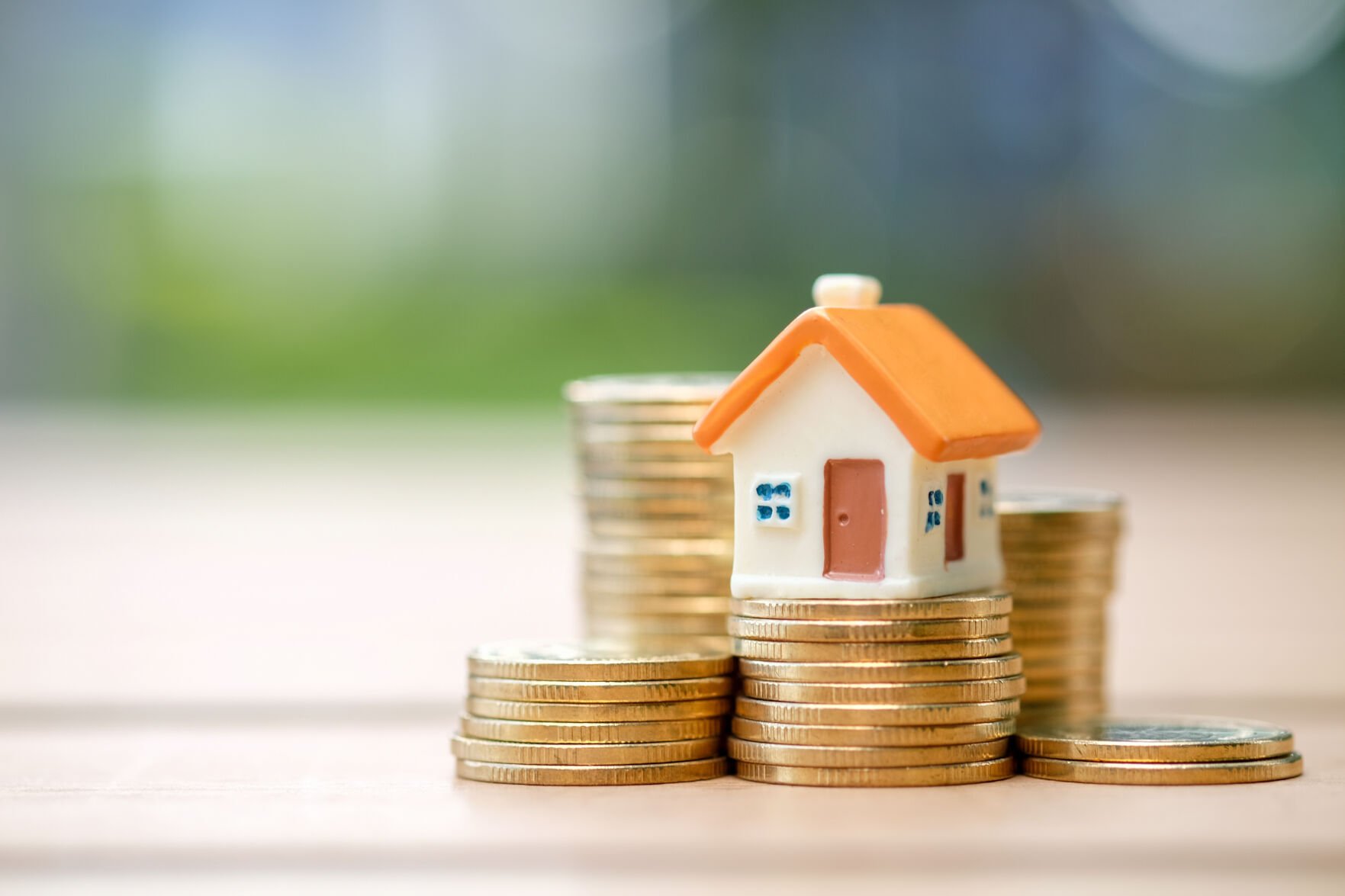Special session sold taxpayers short | Denver Gazette

Remember the special legislative session convened by Gov. Jared Polis in November? The one that was supposed to head off anticipated, massive property-tax hikes for Colorado homeowners this spring?
It’s understandable if you’ve forgotten – and Polis and state lawmakers would just as soon you did. They accomplished very little – some might say next to nothing – to lower Coloradans’ soaring property tax bills.
We concluded as much at the end of the four-day session. The Legislature, controlled by Polis’ fellow Democrats, only wound up passing an even stingier version of their Proposition HH – the bait-and-shaft tax hike disguised as a tax cut that Colorado voters rejected by an 18-point margin on Nov. 7.
The special session was supposed to atone for that abysmal ballot proposal; instead, it fell short of even that mark. The resulting legislation signed by the governor offers only a year of property-tax relief, pending a longer-term solution to be drafted by a new task force this spring.
Stay up to speed: Sign up for daily opinion in your inbox Monday-Friday
The session’s handiwork more or less recapped the marginal cuts of HH – lowering the residential assessment rate for the 2023 tax year to 6.7% from 6.765%, or a sliver of a percentage point, and allowing homeowners to exempt $55,000 of their home’s value from taxation. To repeat: Even those modest tweaks will last only a year.
We surmised at the session’s end that a typical homeowner’s property tax bill along the Front Range still will be alarmingly higher than in previous years. And, sure enough, a new analysis released last week by Colorado’s Common Sense Institute confirms that assumption with hard data.
Common Sense crunched the numbers and found, “the average Colorado homeowner could still see a property tax bill increase of 25%, more than $590, next year.”
“That is down from 36% … under prior law,” the analysis noted, had lawmakers not taken their token action last fall. “However, it is still significantly higher than seen in the past three decades.”
What’s more, the report reminds us, “Barring additional changes in 2024, the assessment rate will rise to an estimated 6.976% for single family and 6.8% for multifamily residences in tax year 2024.”
That’s right, property tax bills stand to go up even more, over and above skyrocketing increases due to spiraling real estate values across much of the state. The current statewide assessment rate that is applied to property was lowered temporarily by the Legislature two years ago – in another token sop to hard-hit homeowners – and that minor cut is now going away unless lawmakers act.
Of course, none of this should surprise any of us by now. Ruling Democrats at the Capitol never really wanted to cut property taxes in the first place. They have too many new and expanded government programs they want to subsidize. So, they did their level best to cut as little as they could while still being able to package it as a “tax cut,” technically speaking.
There’s still hope for property-tax relief, however – despite a Legislature whose members for the most part couldn’t even spell t-a-x c-u-t much less pass one.
The hope lies in the special session’s creation, per the governor’s directive, of the aforementioned task force that will work on long-term solutions to Coloradans’ property tax woes. Their report is due in March. We eagerly await their recommendations.
Denver Gazette Editorial Board














